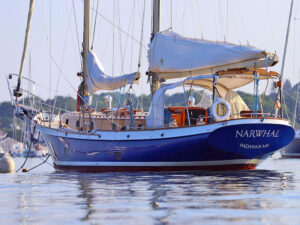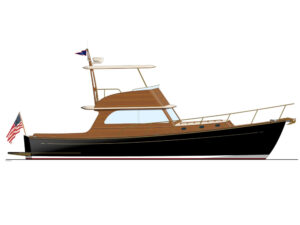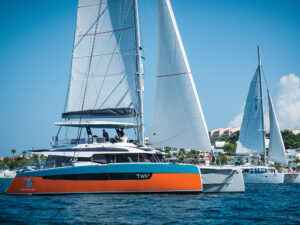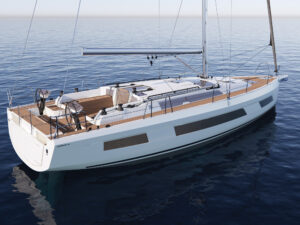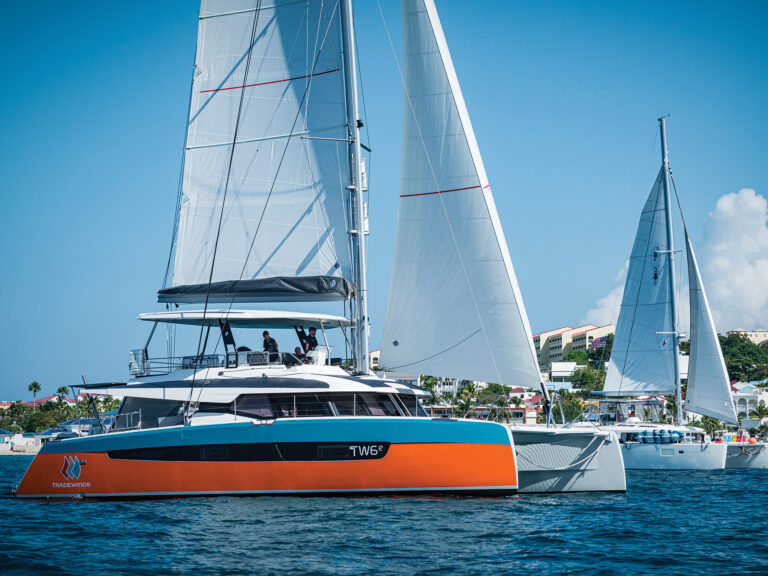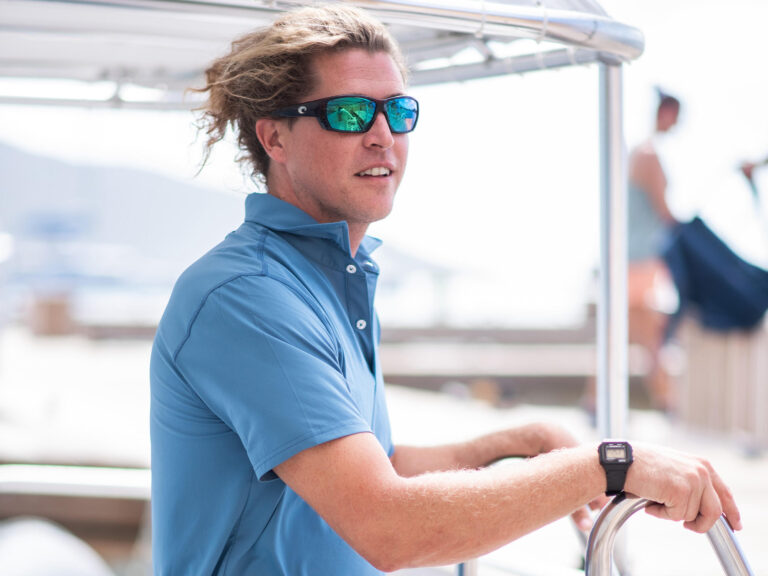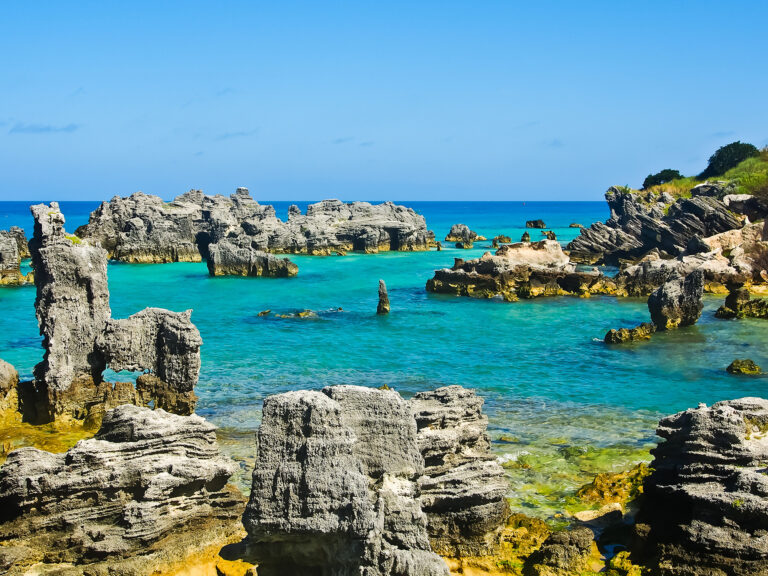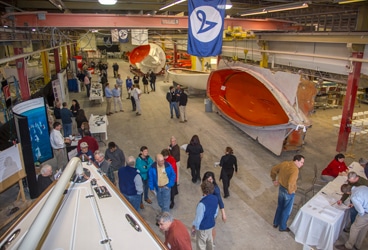
Alerion Open House
The name Pearson has been a part of sailors’ lexicon since the 1950s, but during the past 50-odd years, a series of corporate events removed the Pearson family from its namesake boatbuilding enterprise in Bristol, Rhode Island, and this year, the books closed for good on the Pearson brand.
But although we can’t look forward to buying a newly built Pearson, USWatercraft now owns the rights to the Pearson Marine Group — the final iteration of what began as Pearson Yachts — and will carry on with the production and development of Alerion Express and Alerion sailboats, plus resurrect the line of True North and North Rip powerboats.
Waterline Systems of Portsmouth, Rhode Island, also takes shelter under the USWatercraft umbrella. This company, founded by Randy Borges in 1988, started life fine-tuning and repairing J/22s and J/24s. It also is a licensed builder of the 22 and 24, plus the J/80, J/105, Farr 30 and Farr 40 one-designs.
Now, well financed and committed, USWatercraft looks forward to regaining the prominence enjoyed by the various iterations of the Pearson brand as an innovative player in the marine industry.
Pearson Yachts had a checkered and complicated past. In 1957, cousins Clint and Everett Pearson, along with Fred Healed, founded Pearson Yachts. They’d rented space in the basement of an old textile plant in Bristol and built eight- and 12-foot dinghies, plus 15- and 20-foot runabouts. A short time later, Tom Potter of American Boat Building approached the Pearsons with a project to build an auxiliary sailboat that would sell for less than $10,000. They hired Carl Alberg to design it and built hull No. One of the Pearson Triton 28 in time for the 1959 New York National Boat Show. When the show closed, the cousins had deposits for 17 Tritons.
Building in sufficient volume to satisfy the demand for the Triton required quite a lot of capital, and the Pearsons tried to win approval for an additional stock offering to raise the money. They did not succeed, but by this time, the fledgling company had earned the reputation as a leader in the use of fiber-reinforced plastic as a construction material, and this attracted the attention of Grumman Allied Industries. In 1964, Grumman bought the controlling interest in Pearson Yachts and wrapped the creative cousins in corporate red tape. Clint untangled himself in 1964 and Everett followed two years later.
When Everett left, he agreed to stay out of boatbuilding for five years, but he stayed in the composites business by teaming with Neil Tillotson to form Tillotson-Pearson Industries and building industrial products — fiberglass caskets and chemical-storage tanks among them. After the statute of limitations expired, TPI returned to building boats — Freedoms, J Boats, Rampage sportfishermen, Sundeer, and Garry Hoyt’s Alerion Express 28 and 33. The company also built SwimEx exercise pools, wind-turbine blades, a 490-pound electric car for Selectria and an all-composite bus with a hybrid drive system. After TPI failed to get the financing it needed to build a truck version of the bus for UPS, Everett left the company and bought SwimEx.
In 1999, Pearson bought back the rights to his name as it applied to boats and, doing business as the Pearson Marine Group, introduced the True North 38 powerboat. The impossibly tight rein his corporate partners kept on Pearson eventually forced him to walk away. Meanwhile, poor economic conditions put an end to the True North line and nearly killed off the Alerion brand.
Dennis Caprio is a freelance writer based in Newport, Rhode Island.

